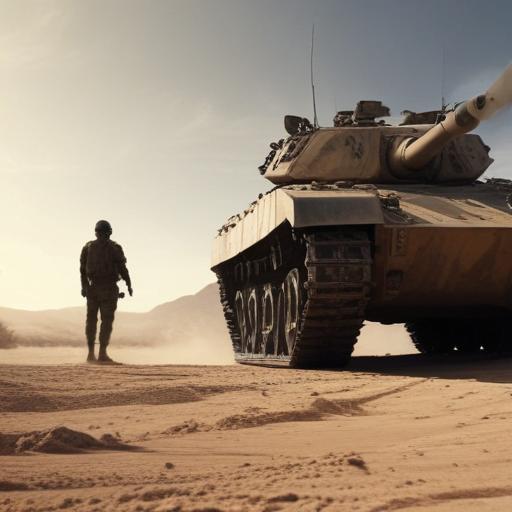Expectations are rising in Washington that President Donald Trump may take military action against Iran’s nuclear program, following a series of events that have heightened tensions in the Middle East. Observers note that Trump is showing increased interest in taking decisive action, possibly utilizing advanced U.S. military capabilities, including bunker-busting bombs, in response to Israel’s recent attacks that significantly weakened Iran’s military leadership and defensive structures.
The shift in Trump’s rhetoric suggests a move away from prior diplomatic approaches to a more aggressive stance. Analysts argue that, despite Trump’s tough talk, the challenges inherent in striking Iran’s nuclear sites could backfire, leading to a devastating conflict with no clear exit strategy. Experts like Ali Vaez from the International Crisis Group warn that Trump’s approach could be ineffective, as Iran’s leadership is unlikely to capitulate under pressure.
Drawing parallels with past U.S. military interventions, such as Iraq and Afghanistan, critics emphasize the dangers of another military campaign in a complex region. Senator Chris Murphy reminded the public of the catastrophic consequences of previous wars, highlighting the resulting instability and the insurgencies that followed U.S. interventions.
Should Trump proceed with a military strike, it could ignite fierce retaliation from Iran, leading to regional conflict and potential crises, including disruptions in oil supplies from the Strait of Hormuz. Furthermore, concerns have been raised about the broader implications of a power vacuum in Iran, which might exacerbate civil unrest or lead to the rise of extremist groups.
This challenging scenario underscores the tough position Trump finds himself in. Navigating pressure from allies like Israel, balancing domestic political sentiments, and dealing with the fallout from his past promises of non-interventionism creates a complex quandary. Ultimately, the potential for conflict in Iran raises serious questions about the future landscape of U.S. involvement in the region, drawing on lessons learned from history.
In an environment rife with uncertainty, the hope remains that diplomatic avenues can still be explored to prevent escalation and achieve a lasting peace, as the consequences of military action could be dire not only for the immediate region but also for global stability.
